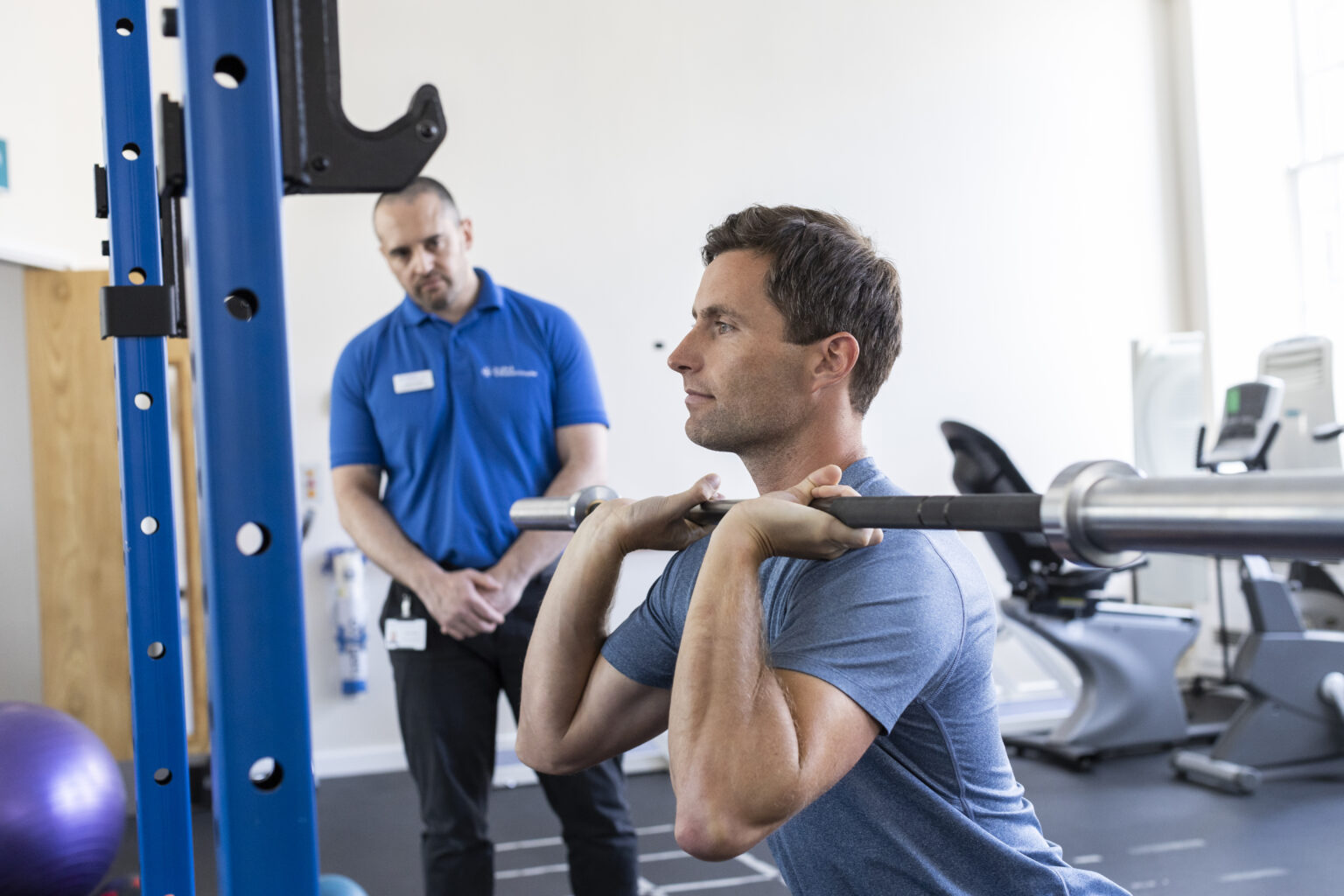Contact number: 020 7806 4060
Sports Medicine treatment at our London Sports Injury Clinic
Our sports medicine consultants and specialised physiotherapists are able to help you recover from sports injuries including tendon disorders, osteoarthritis, soft tissue conditions and joint & bone injuries. With a fully equipped diagnostic suite, access to four operating theatres and an on-site physiotherapy centre, we’re able to help you quickly with your issue, reducing you waiting time.
You will enjoy the supporting and friendly atmosphere of our hospital and its luxurious surroundings, making your stay as pleasant as possible.
Sports Medicine Consultants
Our Sports Medicine Consultants have a wealth of experience and expertise in diagnosing and treating sports injuries and conditions.
Sports Physiotherapy
Sports physiotherapy is a strand of physiotherapy that is dedicated to sports injuries. These treatment techniques can help you get back to training, whether you’re an elite athlete or have simply exerted yourself too much while playing sport or exercising. Each sports physiotherapy treatment plan is tailored to your specific needs and fitness level to help you achieve your own personal goals.
Health Articles
You can read articles, interviews and blogs on a range of health topics on our blog page. We frequently speak to our expert consultants and clinicians to get their specialist advice.

